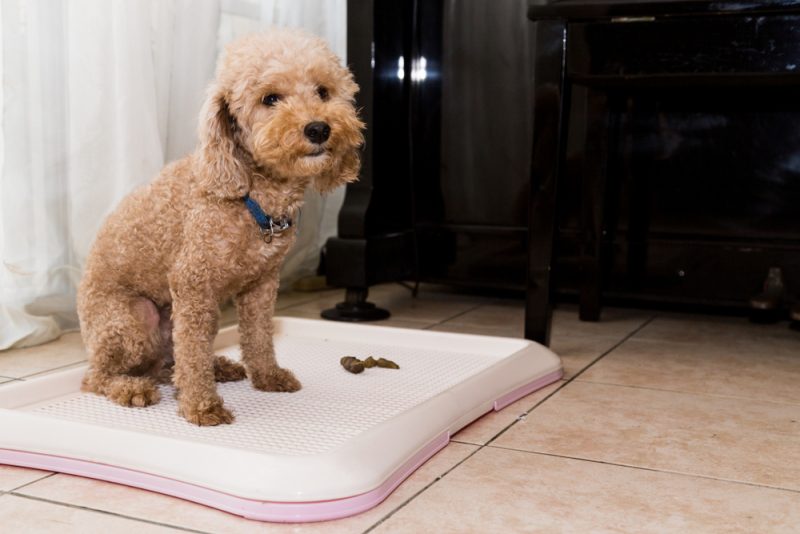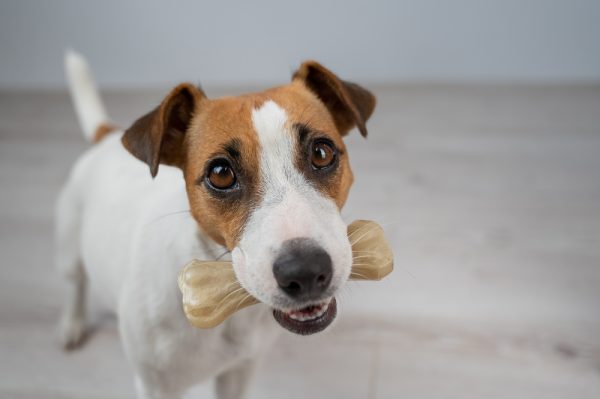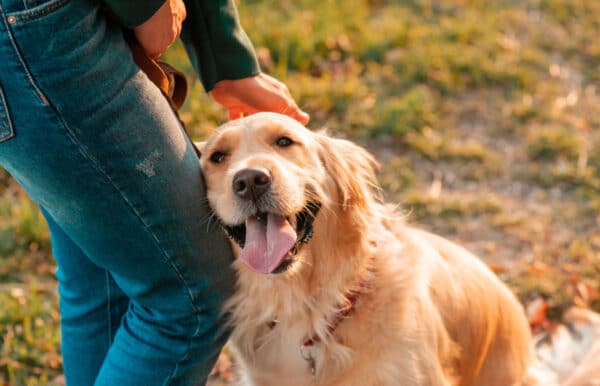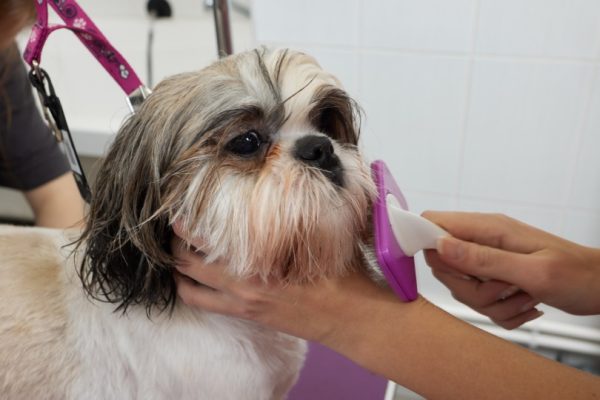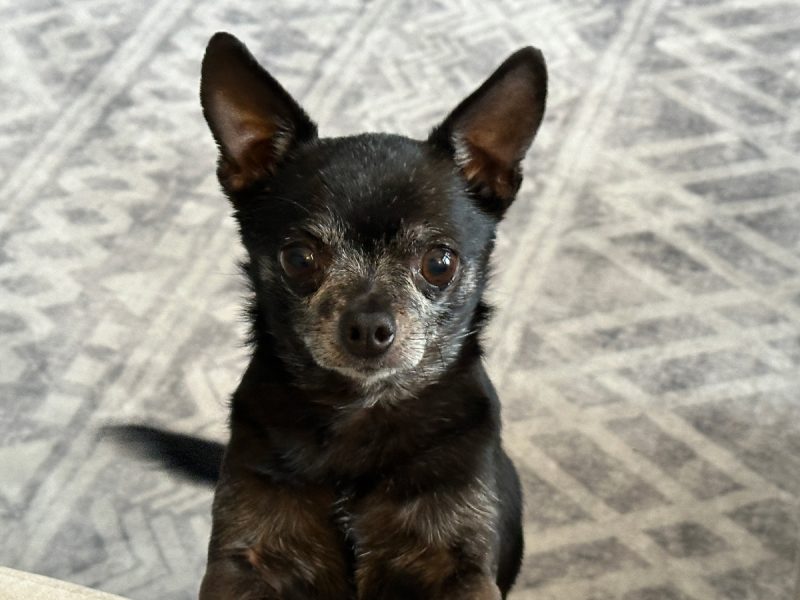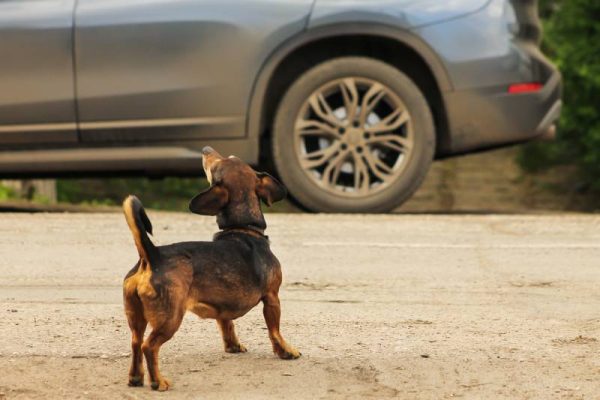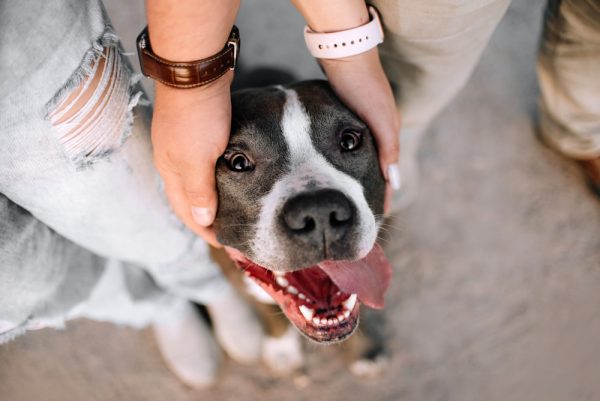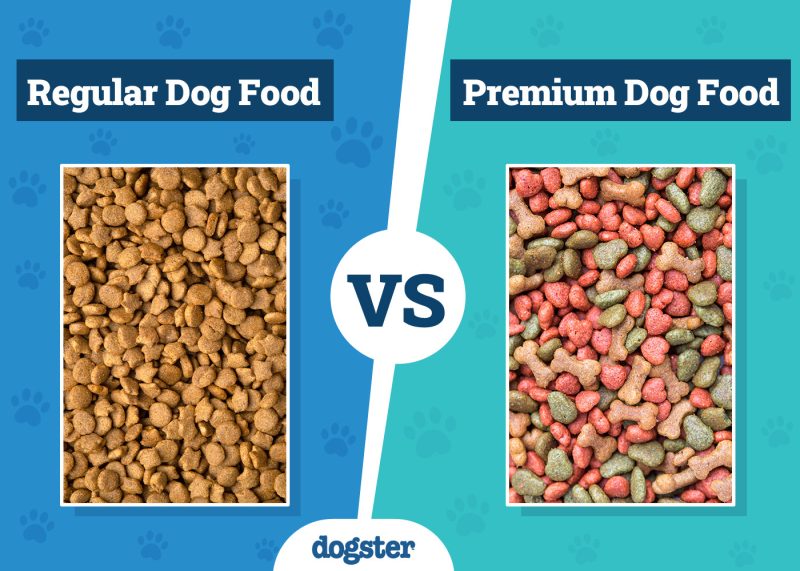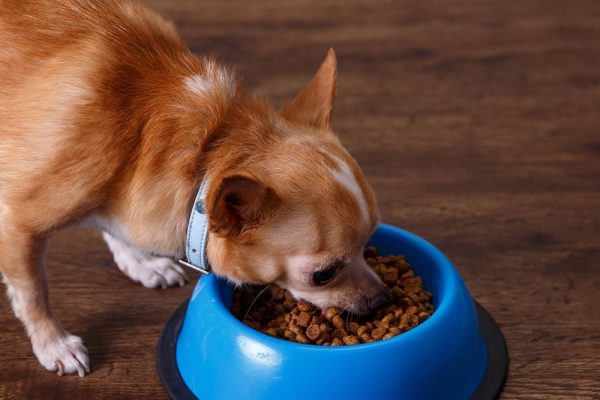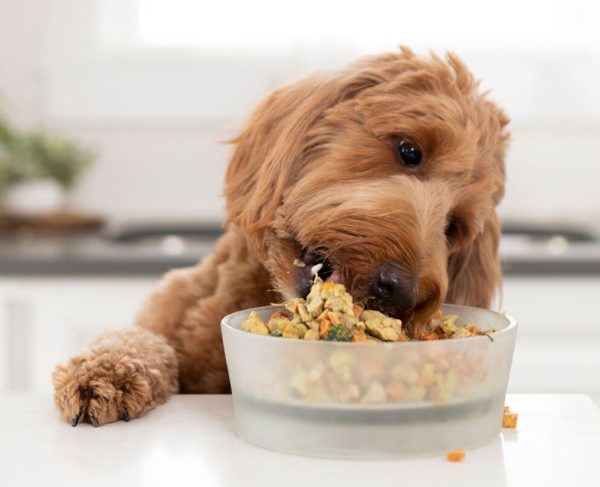In this article
Garlic has more of an impact on humans than just causing bad breath. It has medicinal properties, boosts the immune system, lowers blood pressure, and detoxes the body. However, some foods that positively impact the human body can have the opposite effect on a dog’s body—and garlic is one of those foods.
Garlic is bad for dogs, and dogs can’t garlic eat even small amounts. However, if your dog consumes a large amount and is not treated quickly, it can have devastating effects. We’re going to discuss the dangers of garlic and what you should do if your dog eats some.

Why Can’t Dogs Eat Garlic?
Although garlic can be enjoyed by humans, it is toxic to dogs. One small clove of garlic can lead to toxicity in small dogs, with powdered forms being more potent and dangerous. It is also equally as dangerous to give your dog garlic on its own, in foods, raw or cooked.
It’s true that garlic is beneficial to human health, but is it beneficial to the health of dogs? Some claim that it can be used to control fleas and ticks, but this is neither safe nor proven to be effective. Dogs have different weights and metabolic rates, making garlic consumption risky and not worth the unproven benefits. It’s also important to note that although your dog will be fine if they ingested a small amount of garlic, continually ingesting small amounts of garlic over a period of time can also lead to poisoning.
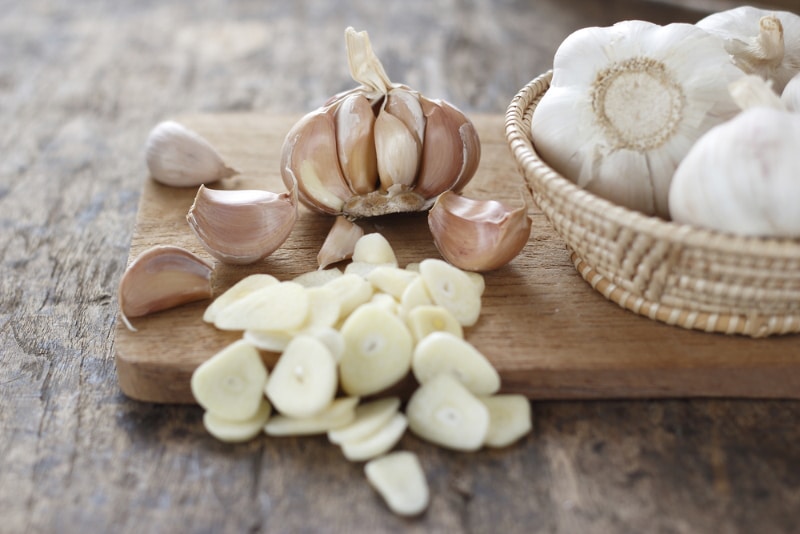
The Dangers of Feeding Garlic to Dogs
Garlic comes from the same plant family as onions and leeks, which are also dangerous to dogs. However, garlic is 3-5 times more potent than onion. Garlic contains N-propyl disulfides (among other sulfur compounds), which affect the activity of red blood cells and the transportation of oxygen that needs to move throughout the body. The consequences are damage to the red blood cells, which leads to anemia.
- Pale gums
- Rapid breathing
- Lethargy
- Poor appetite
- Weakness
- Rapid heart rate
Not only is garlic toxic to dogs and potentially life-threatening, but it can also cause gastrointestinal issues because it is an irritant
- Vomiting
- Diarrhea
- Drooling
- Abdominal pain
What Should I Do If My Dog Ate Garlic?
If your dog eats less than 2 grams per pound of their weight of fresh garlic, they may vomit, have diarrhea, and suffer from other gastrointestinal issues. But they will likely be fine. However, ingesting more than this means there is a risk of anemia, with the amount ingested being directly related to the severity of clinical signs. If your medium-sized dog that weighs 25 pounds eats more than 50 grams of garlic (or around a tablespoon of garlic powder), for example, damage to their red blood cells can occur, and immediate treatment would be necessary.
In the case of your dog eating a large quantity of garlic, you need to take your dog to the veterinarian immediately. Don’t wait around for symptoms to develop, as these may only show a few days later when serious damage has already taken place internally. Treatment at this point will need to be more aggressive, and the prognosis won’t be as positive. It will also be more costly to treat.
If you’re unsure of how much garlic your dog ate or whether the quantity they ate is dangerous to them, phone your veterinarian or call the Animal Poison Control Center (888) 426-4435). They’ll ask you questions about your dog and the situation to determine the best course of action. In some cases, they may advise you to bring your dog to the emergency hospital, and in other cases, they’ll advise you to watch for symptoms at home.
If you need to speak with a vet but can't get to one, head over to PangoVet. It's our online service where you can talk to a vet online and get the advice you need for your pet — all at an affordable price!
How Garlic Poisoning is Treated
If your dog ate a large enough quantity of garlic to end up in the hospital, they’re going to need treatment. The tests and treatment your veterinarian will administer will depend on the time or date that your dog ate the garlic and how much of it they ate. The larger the quantity, the more severe the symptoms are likely to be.
Your veterinarian may induce vomiting for recent ingestions, which will help expel the garlic from your dog’s stomach. They also might give them activated charcoal to bind any leftover toxins before they can be absorbed into the body. Your veterinarian will also need to take blood and urine samples to determine whether signs of toxicity are present in your dog.
If your dog didn’t receive immediate treatment and is showing signs of garlic toxicity, more aggressive treatment will be required. This may include blood transfusions, IV fluids, and oxygen therapy. Once your dog is well enough to go back home, you may need to put them on a specific diet, as per your veterinarian’s instructions. Exercise and activity will need to be limited while your dog recovers.
Thankfully, a full recovery is expected in most dogs that have received veterinary treatment.
How to Prevent Garlic Toxicity in Dogs
Accidents happen, and there might be times when your dog sneaks away with some of your food without you noticing. The best outcome you can hope for is that they slip away with dog-safe food instead of toxic food, such as garlic-rich food.
- Avoid garlic supplements for your dog.
- Keep garlic and garlic-rich foods in out-of-reach places.
- Never leave garlic out on the table unsupervised.
- Keep your dog out of the kitchen when cooking with garlic.
- Don’t feed your dog any human food unless you know what ingredients it contains.
- Never add garlic seasoning to your dog’s food to “make it taste better.”
- Fence off the areas of your garden that contain garlic.

Conclusion
Garlic is bad for dogs, even in small quantities. In small quantities, eating garlic can cause gastrointestinal issues. In large quantities, it can cause anemia. Although some claim that garlic supplements are beneficial to dogs, there is little evidence to back their claims and there is a risk of toxicity. Garlic, including garlic powder, should not be given to your dog raw, cooked, on its own, or in food.
If your dog has consumed garlic, reach out to your veterinarian or call the Animal Poison Control Center so that they can advise you on what to do.
Featured Image Credit: Marian Weyo, Shutterstock



